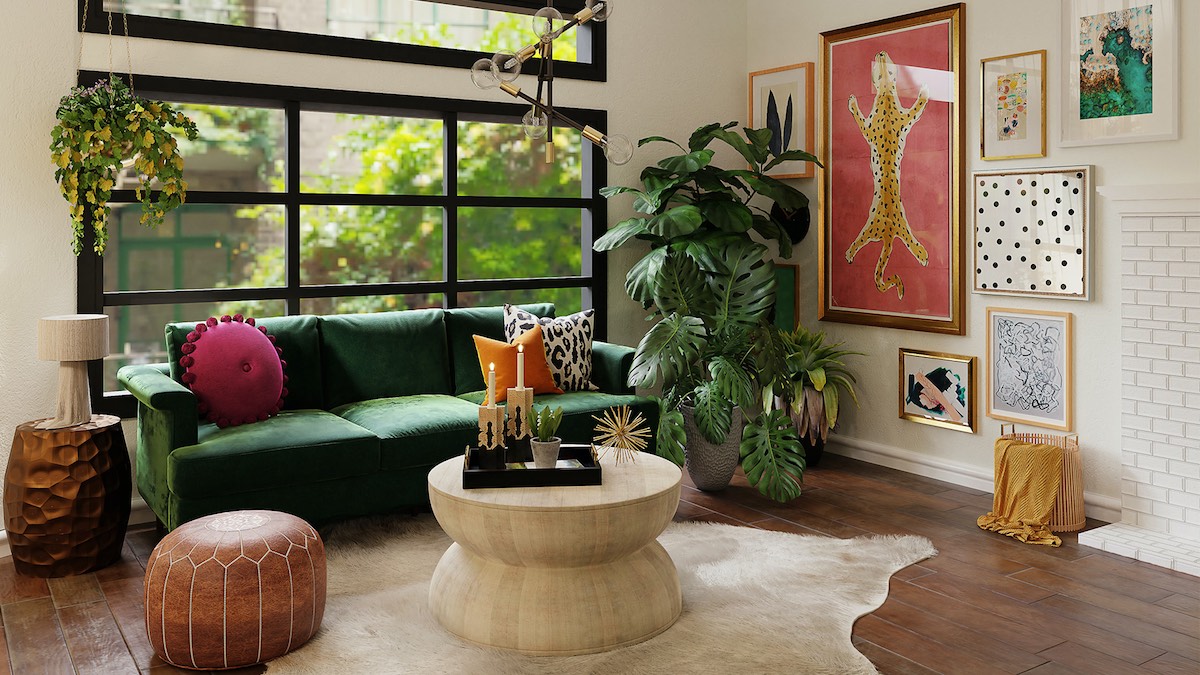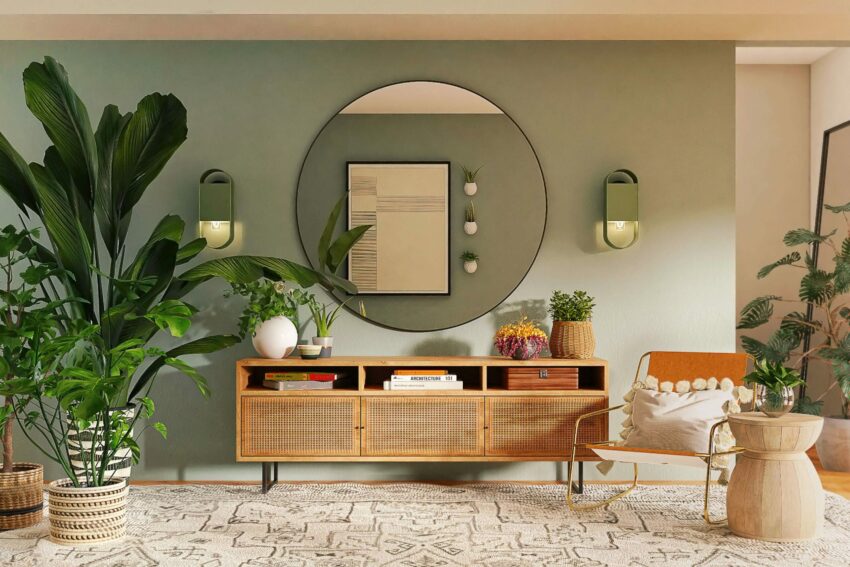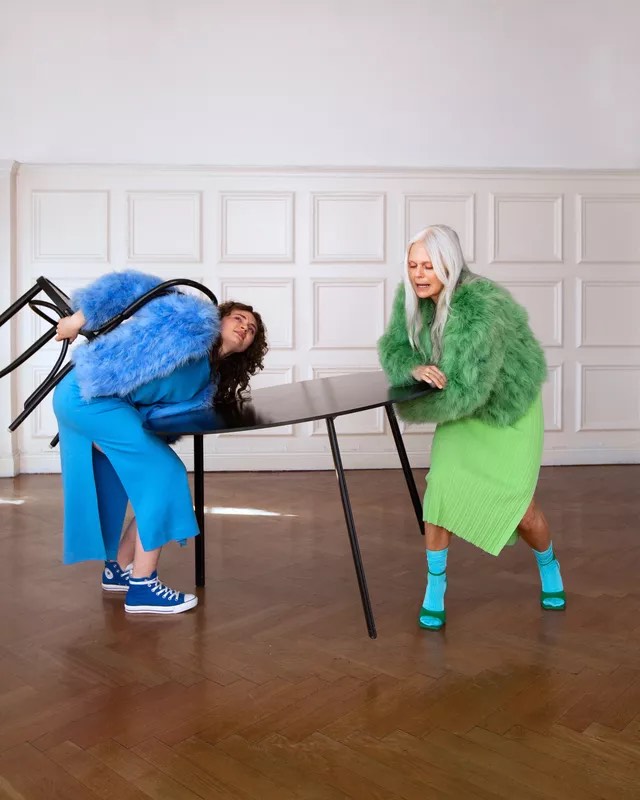On the one hand, there are companies and professional studios in a constant struggle with (full) spaces: storage facilities and warehouses charge high prices to house excess materials and stock, as well as returned products, which cannot be reinserted in traditional sales channels. On the other, there are the consumers of the third millennium, interested more than ever before in purchasing products of high design quality at affordable prices, as long as this implies minimized environmental impact, with an accent on sustainability.
So how do we combine these two (apparently) distant situations? The answer is arriving from several companies created in recent years, all web-based operations. One of them is Mjuk, an online platform with headquarters in Finland, a country famously involved with both environmental issues and good design.

Mjuk has managed to create a perfect end-to-end circular economic structure, which allows design brands to sell their stock directly to consumers, obviously at appealing prices. The firm specializes in quality second-hand furnishings: pieces returned to dealers and/or derived from excess supplies, items that cannot be sold through conventional channels, but can be regenerated for a new life.
The company, which operates only in Finland and Sweden for the moment, but hopes to become the European leader in this category, has raised 2.5 million euros of venture capital for the promotion of the circular economy in the furnishings sector. And the idea has impact: studies conducted by European agencies for environmental protection indicate that furniture accounts for a growing quota of the refuse that ends up in dumps.

Furthermore: since wood is a renewable resource, it is often seen as the best raw material for the furniture industry. But this view overlooks the fact that wood is also a limited resource, whose poor management is causing significant deforestation: every year, in fact, about 7 billion trees (equal to 200,000 square kilometers) are felled without being replaced.
Hence the pertinence of initiatives such as the American e-commerce platform Kaiyo, which has decided to plant a new tree for every order placed on the website. Or of Mjuk, which aims to optimize an existing channel that has almost always been implemented in an extemporaneous way, without any real programming for the long term.
There are advantages for everyone: for real estate groups that can thus dispose of unwanted furniture during moves or renovations; for dealers who can rearrange the objects in showrooms easily and rapidly; for producers who want to lower costs, selling prototypes or perfectly valid class B items; and, of course, for consumers. Mjuk takes care of everything: from pick-up to cleaning of furniture, photography to storage, marketing to delivery, making the trading system extremely practical.

“Our goal is to completely revolutionize the furniture sector, introducing a new, convenient way to sell and purchase furnishings. We want the first comment of European buyers to be ‘have you already checked Mjuk?’ prior to the acquisition of a new décor object,” says the CEO Rickard Zillacus.
These are also the lines of action of Deesup, the Italian startup of second-hand design founded in 2017 by Valentina Cerolini and Daniele Ena, which offers an international market a selection of thousands of products – furnishings, lighting and complements – from the best design brands.

After having spread into the marketplace of private clients, today the company is also collaborating with brands and stores that sell their display items on the platform, to create a more virtuous model of consumption. “Our community of design lovers sells and buys unique and authentic objects selected by our curators, contributing to the growth of a circular economy for the good of the planet,” the two founders write.
A number of companies are evaluating this method to recover value from pieces that can no longer be put into regular distribution (items returning from trade fair displays, photo sessions and exhibitions: never really used, but no longer quite new either). One of them is Baxter, with a project – still in the Beta phase – which when fully operative will offer an audience of interested buyers and sector professionals a large catalogue available for online viewing of furniture and other objects. This phenomenon, perhaps, is not a true revolution; but it is definitely a good idea. Now it is up to us to help it circulate.







